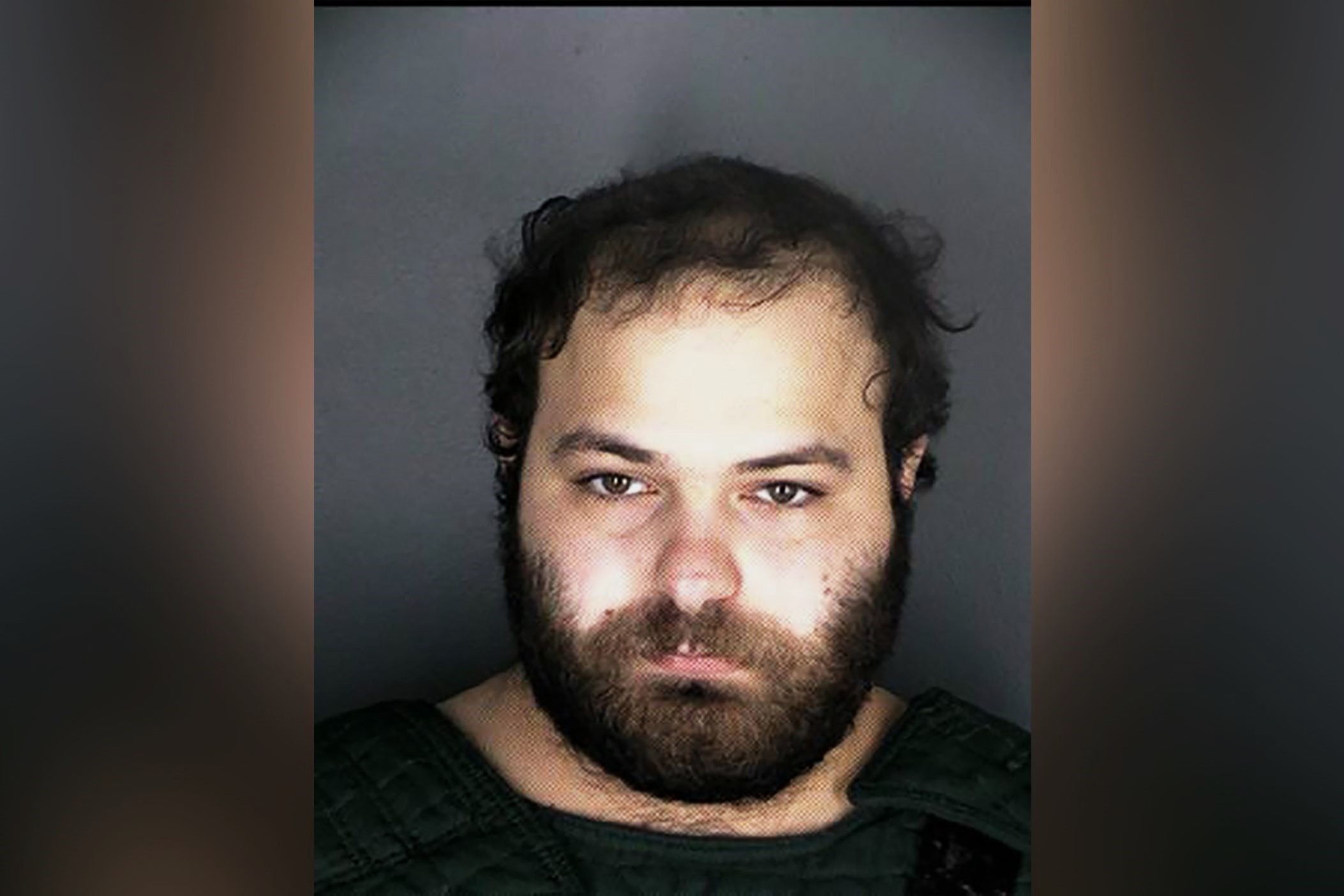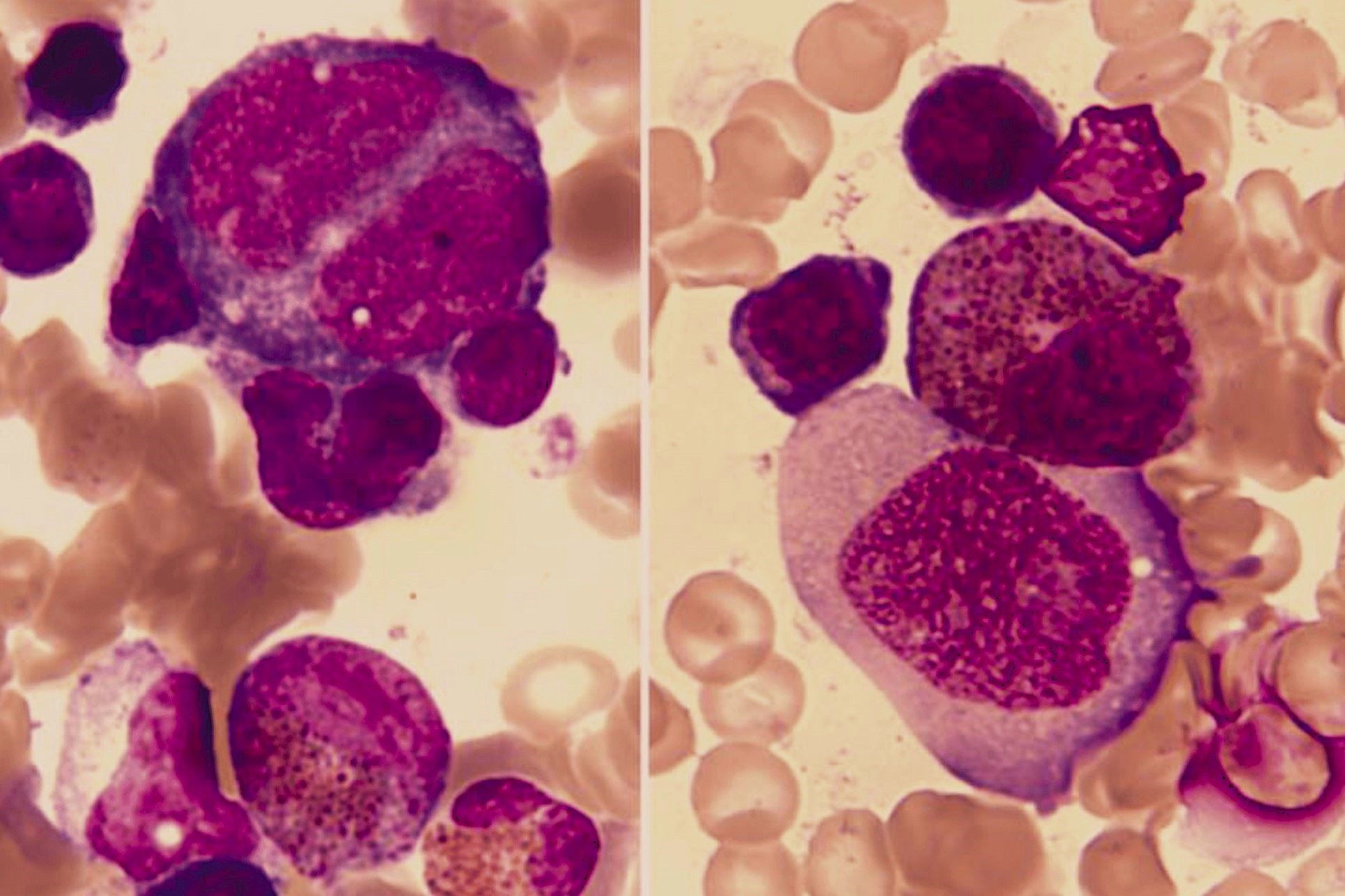
Ahmad Al Aliwi Alissa became a household name after a tragic event in Boulder, Colorado. On March 22, 2021, he carried out a mass shooting at a King Soopers grocery store, resulting in the deaths of 10 people, including a police officer. Born in the U.S. to a family of Syrian descent, Alissa's life took a dark turn due to untreated mental health issues. Diagnosed with schizophrenia, his erratic behavior and paranoia escalated, culminating in this horrific act. The trial, which lasted three weeks, ended with a guilty verdict on multiple counts of first-degree murder and attempted murder. Alissa was sentenced to life in prison without parole.
Key Takeaways:
- Ahmad Al Aliwi Alissa's tragic actions were influenced by his mental health struggles, exacerbated by cultural stigma and the impact of COVID-19. His family's reluctance to seek help played a significant role.
- The victims of the Boulder shooting were diverse individuals with unique stories, and survivors' testimonies shed light on the terror they experienced during the tragic event.
Biographical Background
Ahmad Al Aliwi Alissa's life story is complex and layered. Understanding his background provides insight into the events that unfolded.
-
Ahmad Al Aliwi Alissa was born in the United States to a family of Syrian origin. He is one of 10 children, with a family history involving multiple moves between Syria and the U.S.
-
Cultural Background played a significant role in his family's reluctance to seek mental health treatment for him. This cultural stigma around mental health issues is a recurring theme in his story.
Mental Health Issues
Alissa's mental health was a critical aspect of his life, influencing his actions and the subsequent legal proceedings.
-
Schizophrenia Diagnosis came after the shooting. His mental health issues were well-documented before the incident, with increasing isolation and paranoia reported by his family.
-
COVID-19 Impact worsened his condition. After contracting the virus in November 2020, his mental health deteriorated further.
Behavioral Changes
Alissa's behavior showed alarming changes in the months leading up to the tragic event.
-
Erratic Behavior included neglecting personal hygiene and believing the FBI was following him. His family described him as being possessed by demons but did not seek professional help.
-
Pre-Shooting Activities suggested a deliberate plan. He researched other mass shootings, purchased weapons and bomb-making materials online, and practiced with his assault rifle at a shooting range with his brothers.
The Day of the Shooting
The events of March 22, 2021, were both tragic and shocking, leaving a lasting impact on the community.
-
Morning Routine included breakfast with his family and dropping off his brother at work. He then drove to the King Soopers store in Boulder, passing by several closer locations where his family shopped.
-
Initial Victims were three people in the parking lot. Alissa began shooting immediately after arriving at the store, targeting those trying to escape.
-
Inside the Store he continued his rampage, killing seven more people, including Eric Talley, one of the first responding police officers.
Victims' Profiles
The victims of the shooting were diverse, each with their own story and background.
- Denny Stong, 20
- Nevan Stanisic, 23
- Rikki Olds, 25
- Tralona Bartkowiak, 49
- Teri Leiker, 51
- Eric Talley, 51 (police officer)
- Suzanne Fountain, 59
- Kevin Mahoney, 61
- Lynn Murray, 62
- Jody Waters, 65
Survivor Testimonies
Survivors of the shooting provided harrowing testimonies during the trial, shedding light on the terror they experienced.
- Pharmacist Sarah Chen testified that she heard Alissa say, "This is fun," multiple times as he continued his attack.
Reflecting on Ahmad Al Aliwi Alissa
Ahmad Al Aliwi Alissa's story is a stark reminder of the devastating impact untreated mental health issues can have. Diagnosed with schizophrenia, his condition worsened after contracting COVID-19, leading to a tragic mass shooting at a King Soopers grocery store in Boulder, Colorado. The attack resulted in the deaths of 10 people, including a police officer. Despite his defense team's insanity plea, the jury found him guilty on all counts, sentencing him to life in prison without parole.
His family's reluctance to seek mental health treatment, influenced by cultural stigma, highlights the need for greater awareness and sensitivity in addressing mental health issues. This case underscores the importance of early intervention and treatment for individuals with severe mental health conditions to prevent such tragedies. Ahmad Al Aliwi Alissa's actions serve as a sobering example of the consequences of neglecting mental health care.
Frequently Asked Questions
Was this page helpful?
Our commitment to delivering trustworthy and engaging content is at the heart of what we do. Each fact on our site is contributed by real users like you, bringing a wealth of diverse insights and information. To ensure the highest standards of accuracy and reliability, our dedicated editors meticulously review each submission. This process guarantees that the facts we share are not only fascinating but also credible. Trust in our commitment to quality and authenticity as you explore and learn with us.


